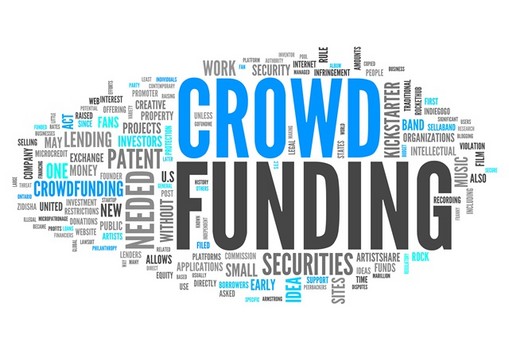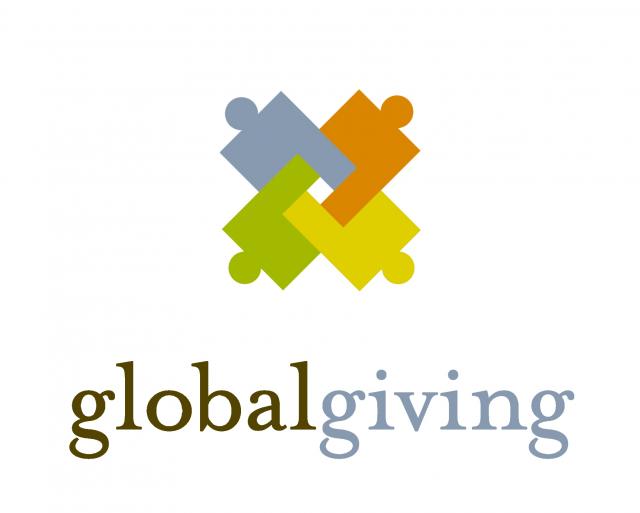Last week, I had the pleasure of participating in the West African Civil Society Institute (WACSI)‘s Social Media Experts conference in Accra, Ghana. The conference brought together African social media experts, enthusiasts, and activists from across the continent, which got me thinking about ways we can strengthen "digital activism" across…
-
Advocacy - Africans for Africa - Blog - Media Activism - New Media - Philanthropy - Special Series - Thought Leadership
-
Blog - My Work - New Media - Non-Profits - Philanthropy - Speaker Services - Thought Leadership - Training and Consulting Services
Crowdfunding for Activists: 5 Tips for Creating Successful Online Fundraising Campaigns
I prepared this short presentation as part of the "Feminist Cyborgs: Actvism, Online Fundraising, and Security" webinar, hosted by African Feminist Forum and Association for Progressive Communications. My 10-minute presentation includes a brief introduction to crowdfunding and some popular crowdfunding tools. Using my Africans for African new media project as…
-
Africans for Africa: Press Coverage of GlobalGiving Social Media and Online Fundraising Workshop in Johannesburg
"Various charities in and around Johannesburg will add impetus to their fundraising drive if Spectra has anything to do with it." I just received a scanned image of an article that was printed in a local Johannesburg paper about my Social Media and Online Fundraising training for African NGOs, hosted…
-
BEEcome BUZZworthy: My Social Media 101 Training Workshop for Passionate People
BEEcome BUZZworthy is a workshop geared towards activists, artists, change makers, and/or anyone who is interestd in learning how to use social media to impact influence and/or get access to resources beyond their immediate networks. Are you a passionate person who is interested in learning how to use social media…



